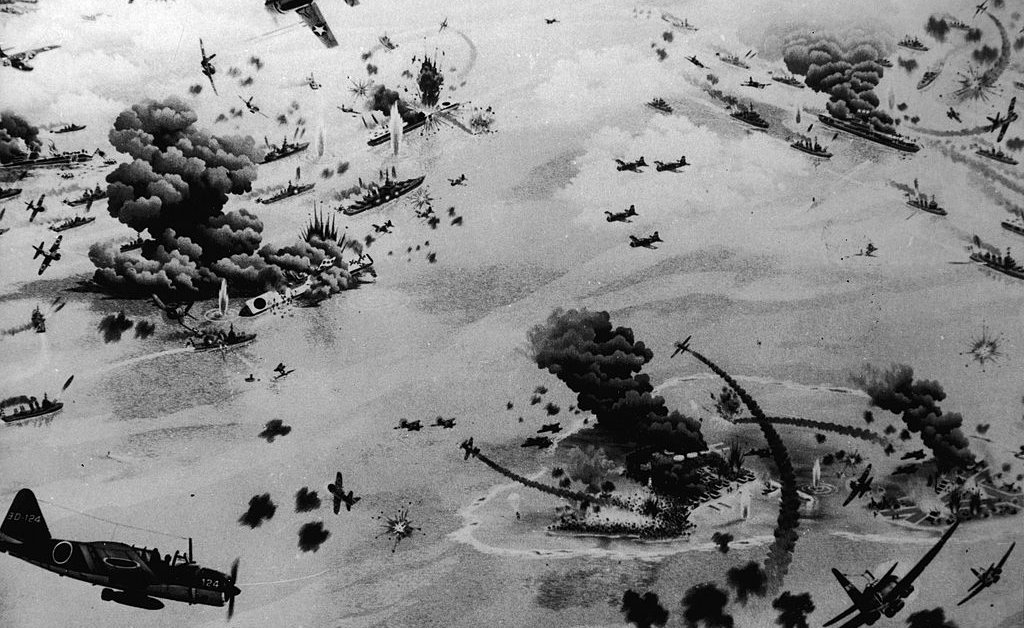- Joined
- Aug 4, 2019
- Messages
- 13,042
- Reaction score
- 8,463
- Location
- 'Murica
- Gender
- Undisclosed
- Political Leaning
- Independent
1. President Franklin D. Roosevelt knew about Pearl Harbor in advance
2. Erwin Rommel a.k.a. “the Desert Fox” was the greatest German general of all time
3. Hitler was solely to blame for the German defeat in World War II
4. Japan could have won World War II, if only the Japanese had bombed the oil depots at Pearl Harbor in addition to the ships
5. There was a turning point in World War II

The Biggest Myths About WWII, According to a Historian
TIME asked the Senior Historian at the National World War II Museum which myths he has spent the most time debunking
